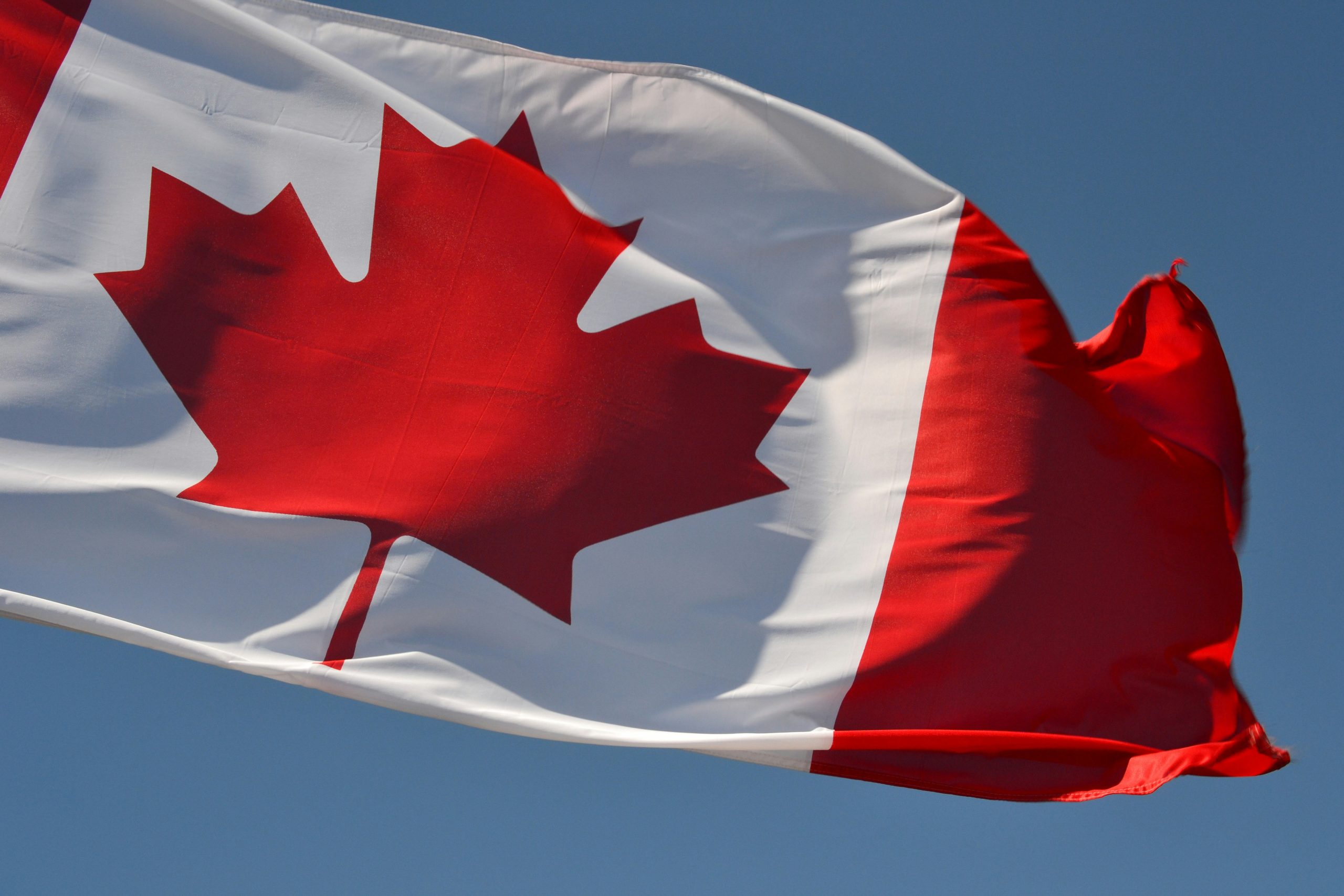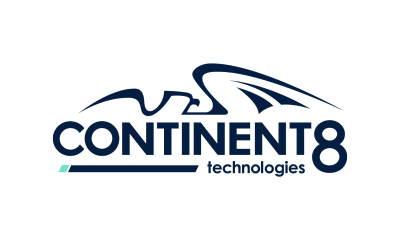Canada
PASPA – Five years on – did any initial predictions come true or not?
With the fifth anniversary of the PASPA repeal on May 14th, we caught up with Compliable’s Chief Regulatory Officer, Justin Stempeck, who examines what was predicted in May 2018 and how accurate those initial guesses have proved to be.
“National regulation on sports betting”
When PASPA was overturned, the Supreme Court explicitly placed the power to regulate gaming in the hands of the states. It would be extraordinarily unlikely for our highest court to conclude that betting is not a federal issue, then have legislators introduce another national law, yet there were calls for this strategy from numerous stakeholders in 2018.
While the different approaches of each state were less than ideal, the industry was able to adapt and continue to advance in each new jurisdiction that has legalized.
Despite the ‘patchwork quilt’ aspect of regulation there are far more commonalities than differences. Regulators have made some efforts to avoid reinventing the wheel, but it would be great to see wider momentum. As a former regulator, I understand that each state has its own unique pressures and competing interests to juggle, but ultimately, a push towards uniformity will be a success for everyone in the absence of national regulation of the sector.
“National Collegiate Athletic Association’s sports integrity concerns”
Betting on collegiate sports has always occurred but it took place offshore and in illegal markets before the repeal of PASPA. The expansion of sports betting includes official regulation, taxation and supervision of the activity, which can only be a good thing. A number of regulated entities are now actively ensuring there are no discrepancies in game performance and there is a vested interest in guaranteeing that everything is above board. With some states today allowing betting on collegiate sports, people have become more comfortable with the idea.
The NCAA continues to officially oppose sports betting, yet appointed former Massachusetts governor, Charlie Baker as its president this past March. Notably, Governor Baker was a proponent of legalized sports betting in Massachusetts and ultimately signed it into law. The combination of a sports betting friendly president and a lack of major integrity scandals since legalization may shift their official stance in the future.
“Increased risk of match-fixing”
As of yet, there have been no high-profile match-fixing scandals despite the existential threat and this is in large a testament to the leagues’ enforcement of its own integrity as well as the plethora of third-party monitoring services now available.
A match-fixing scandal would have a significant impact on the industry as a lot of bettors would likely be lost due to a lack of trust. With sports, the thrill and excitement lie in the possibility that anything can happen and underdogs can become winners, if that narrative is shown to be fiction, the reputational damage would be sizeable. The ripple effect of such an event would carry on for years as critics of sports betting could use a match-fixing scandal to argue against legalization.
“Responsible Gambling – a negative impact”
The expansion of betting and gaming is naturally going to lead to an increase in problem gaming. There is still a lot of data to collect and synthesize, particularly given that many regulated jurisdictions have only been up and running between one and three years.
Operators have started to take a focused view of responsible gaming and have dedicated internal teams, as well as funding research. Failure here is another existential threat to the industry and a big scandal could do a huge amount of damage to a nascent industry.
I see responsible gambling being a cutting-edge issue as it is so critically important so it will only become more and more relevant moving forward.
“32 states to enact sports-gambling legislation by the end of 2023”
This was a very accurate prediction as gambling is now legal in 35 states. Expansion has slowed down a bit compared with the great momentum we saw between 2018-2020, but we will see additional states roll out legislation in the short term. Some states will never legalize of course, but eventually, we will have 80-90% of the US allowing sports betting.
California, Texas and Florida are the three remaining big states that everyone is now eagerly waiting for, offering huge potential due to their respective market size.
“International betting operators prohibited free access to the US”
No rules or regulations have been implemented to specifically keep out remote operators or benefit local ones except those operating in black or grey markets. The US has been an open market for operators from Europe, but I have spoken to many companies who are finding the different rules across the regulated states extremely confusing and resource draining. The US is the equivalent of 50 countries and there is very little federal law that applies to gambling, making it difficult to operate if you are not a company with a dedicated compliance team or efficient tools to fill that need.
Powered by WPeMatico
Brooke Hilton Head of Casino at PointsBet Canada
Ezugi and PointsBet join forces to bring expanded live gaming to Ontario

Ezugi is excited to unveil a new collaboration with PointsBet, a leading iGaming operator in Canada.
As a division of Evolution since 2018, Ezugi keeps enhancing its foothold in the live gaming sector. This partnership will see Ezugi’s localized and unique live-dealer games incorporated into PointsBet’s online casino in Ontario through Evolution’s One Stop Shop (OSS) platform.
Established in Australia in 2015 and later branching into North America, PointsBet has quickly emerged as one of Ontario’s most rapidly expanding iGaming companies. Known for its cutting-edge sportsbook and growing casino offerings, PointsBet is committed to delivering an outstanding player experience, prioritizing Responsible Gaming to create a safe and secure space for every user.
Through this partnership, PointsBet Ontario customers will access Ezugi’s innovative live casino offerings, which include popular games like Canada Blackjack, EZ Baccarat, and Ultimate Roulette. These titles effortlessly integrate reliable, real-time live gaming with engaging digital elements that greatly attract North American players.
Brooke Hilton, Head of Casino at PointsBet Canada, said: “We’re excited to partner with Ezugi to bring their innovative live-dealer games to our Ontario players. This integration via Evolution’s platform enhances our casino offerings with dynamic, localised titles like Canada Blackjack and Ultimate Roulette, ensuring a premium, responsible gaming experience that aligns with our commitment to player safety and enjoyment.”
James Smith, Commercial Strategy Manager at Ezugi, said: “We are thrilled to team up with PointsBet in Ontario. We recognise Ontario as a key growth region and this partnership with a top tier operator marks an important step in our mission to bring Ezugi’s unique & exciting live casino content to the forefront for players in North America.”
The post Ezugi and PointsBet join forces to bring expanded live gaming to Ontario appeared first on Americas iGaming & Sports Betting News.
Canada
Fennica Gaming Expands its Partnership with Loto-Québec by Launching eInstant Games

Building on the momentum of its successful market entry, Fennica Gaming announced the expansion of its partnership with Loto-Québec by launching also its portfolio of eInstant games. This second phase follows the recent successful launch of Fennica Gaming’s online casino games, making its full suite of innovative online games available to players on Loto-Québec’s digital platform, the only legal online gaming offer in the province of Québec.
The launch of the eInstant portfolio completes the initial offering, delivering a diverse and engaging gaming experience designed with Fennica Gaming’s signature player-first approach. The move solidifies Fennica Gaming’s commitment to the Canadian market and its strategy of building long-term, sustainable partnerships with regulated lotteries and operators.
“Launching our casino games was the first step; following it up swiftly with our eInstants is about delivering on our promise. Our partnership with Loto-Québec is built on shared values of responsibility and providing engaging, high-quality entertainment. This isn’t just a content drop; it’s a commitment to our partner’s long-term success and to bringing fresh, reliable gaming experiences to the players in Québec,” said Joni Hovi, SVP of Customers and Marketing at Fennica Gaming.
“Our eInstants are designed with a Nordic innovativeness; they are intuitive, visually engaging, and extremely entertaining – built for sustainable fun. We’ve added the best of mobile gaming expertise, seasoned it with a high-quality, player-centric experience. We are confident that this creative energy offers a distinct flavour that will stand out and connect with players in Québec,” said Kirsi Lagus, SVP of Portfolio and Product Development.
The post Fennica Gaming Expands its Partnership with Loto-Québec by Launching eInstant Games appeared first on Americas iGaming & Sports Betting News.
Canada
CGA Announces Leadership Evolution and 2026 Board of Directors

Amanda Brewer becomes Senior Vice President of Policy & Communications and Brandon Aboultaif becomes Vice President of Western Canada; Salim Adatia (GLI) and Mike Maodus (Blake, Cassels & Graydon LLP) join the CGA Board as Scott Vanderwel (PointsBet Canada) is appointed Chair.
Amanda Brewer has joined the Canadian Gaming Association (CGA) as Senior Vice President of Policy and Communications, and Brandon Aboultaif has assumed the position of Vice President for Western Canada.
Amanda has served as a consultant to the Association for over 15 years, playing a pivotal role in achieving numerous CGA milestones. “I am confident she will apply her enthusiasm and expertise to this new position, which more precisely aligns with her ongoing contributions on behalf of our members,” said Paul Burns, President and CEO, CGA. Amanda remains actively engaged in AML and advertising bill initiatives in Ottawa, along with the Alberta consultation process, where the Association is collaborating with the Government of Alberta and AGLC to prepare the province for its iGaming market launch.
Brandon is the former Press Secretary to Dale Nally, Minister of Service Alberta and Red Tape Reduction and will be a great addition to the CGA. “With the Alberta market soon opening, it has been an important goal to expand our presence into the western part of the country,” added Mr. Burns. His key responsibilities include advancing industry research and education initiatives, supporting member engagement across Western Canada, and fostering collaboration on responsible gaming, innovation, and market development initiatives that strengthen Canada’s gaming ecosystem.
In addition, Salim Adatia, Managing Director, Canada for Gaming Laboratories International, LLC, and Mike Maodus, Partner, Blake, Cassels & Graydon LLP, have joined the CGA’s Board of Directors, and Scott Vanderwel, CEO for PointsBet Canada, becomes the Association’s new Chair.
The full 2026 board is as follows:
- Salim Adatia, Gaming Laboratories International, LLC
- Bruce Caughill, Rush Street Interactive
- Peter Czegeldy, Aird & Berlis LLP
- Neil Erlick, Nuvei
- Kurt Gissane, Aristocrat
- Charmaine Hogan, Playtech
- Dale Hooper, FanDuel
- Chuck Keeling, Great Canadian Entertainment
- Mike Maodus, Blake, Cassels & Graydon LLP
- Terry McInally, Gateway Entertainment
- Niaz Nejad, Non-Member Director
- Derek Ramm, Kinectify
- Lindsay Slader, GeoComply
- Richard Taylor, Niagara Casinos
- Shane Thompson, Konami
- Scott Vanderwel, PointsBet Canada (Chair)
- Scott Woodgate, BetMGM
We are also pleased to welcome three past chairs as Emeritus members of the board:
- Ilkim Hincer, IC360
- Carrie Kormos, CK Consulting Inc
- Bob Parente, Light & Wonder
“Amanda and Brandon have joined the CGA as full-time members to oversee several important national campaigns,” stated Scott Vanderwel, Chair of the Board. “We are also pleased to welcome Salim and Mike to the Board. The Board has worked closely with Paul over recent years to advance the Association’s leadership and board structure. We have full confidence in Amanda and Brandon as they step into these key roles, as well as in the valuable contributions that Salim and Mike are expected to bring as we prepare for an active 2026 workload.”
Mr. Burns stated that the newly announced executive and Board appointments will strengthen CGA’s position and support its expansion into Western Canada. “Amanda brings extensive CGA experience, while Brandon contributes knowledge of government policy at both federal and provincial levels. Coupled with our enhanced Board, I am confident they will help drive CGA’s objectives and ongoing growth.”
Source: canadiangaming.ca
The post CGA Announces Leadership Evolution and 2026 Board of Directors appeared first on Americas iGaming & Sports Betting News.
-

 Latest News7 days ago
Latest News7 days agoSKIP THE QUEUE WITH THE MIDNITE SHUTTLE: MIDNITE TEAMS UP WITH SNOOKER LEGEND TO OFFER FANS A FREE SHUTTLE SERVICE FROM ALLY PALLY STATION
-

 Continent 8 Technologies7 days ago
Continent 8 Technologies7 days agoContinent 8 and CEO Michael Tobin claim number one spot in GamblingIQ’s global ‘Security 10’ rankings
-

 CGCC7 days ago
CGCC7 days agoADVISORY: ILLEGAL GAMBLING OPERATION USING FORGED COMMISSION CREDENTIALS
-

 Cash Collect Mechanic7 days ago
Cash Collect Mechanic7 days agoRed Papaya Launches Nova Blast Ultra: A Cosmic Slot Adventure via Microgaming
-

 Latest News7 days ago
Latest News7 days agoLogifuture’s Simulate plays AFCON final 1,000 times to predict 2026 champions
-

 Latest News7 days ago
Latest News7 days agoWeek 3/2026 slot games releases
-

 AI4 days ago
AI4 days agoPrimero Games Uses XGENIA for Their First AI-Generated Slot Game
-

 Latest News7 days ago
Latest News7 days agoMoon partners share insights on marketing trends in 2026



















